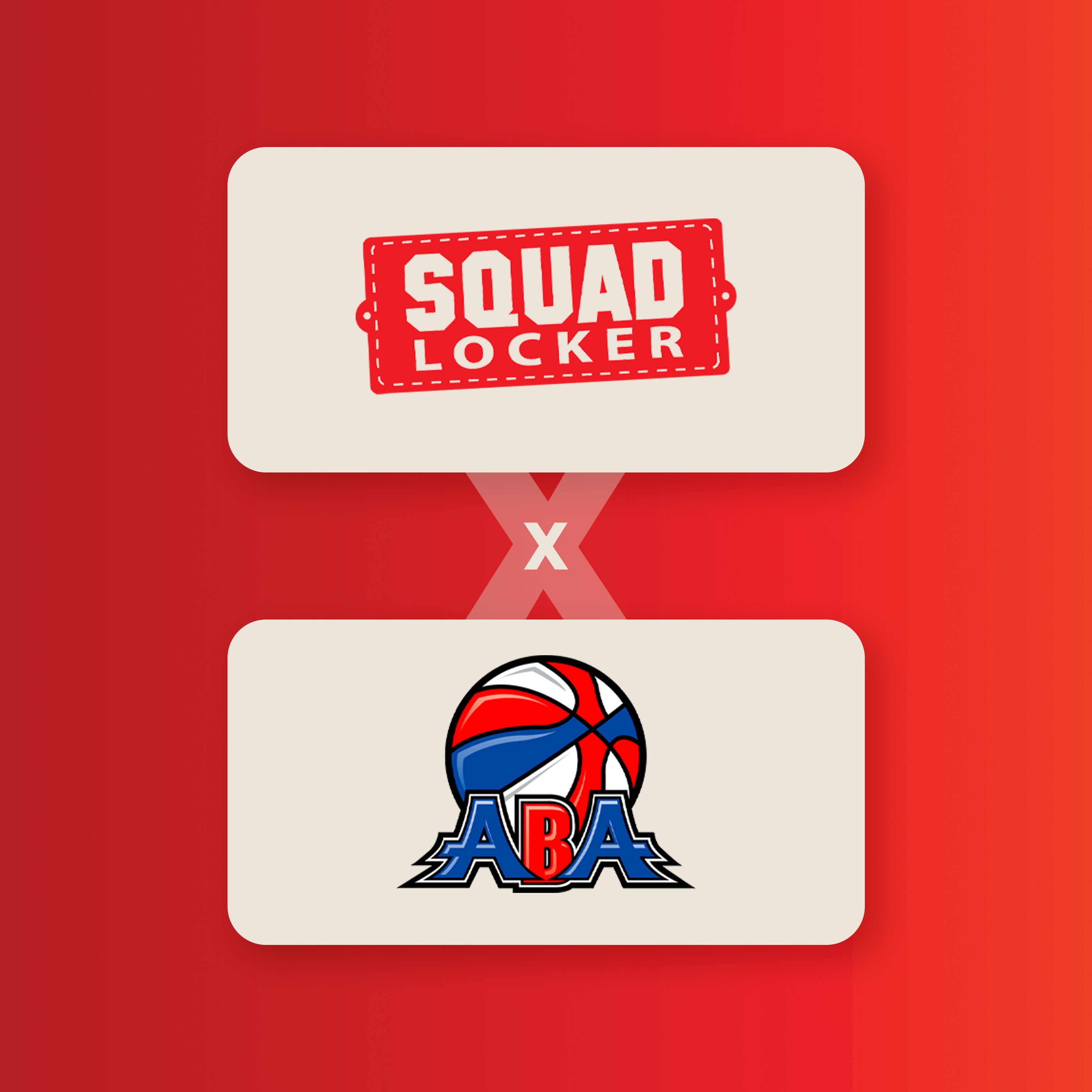No matter what your sport, diet is as important as anything else, including training. If you want to eat your way to better health and sports performance, it’s not that difficult.
Performance Nutrition
Think of performance nutrition as more than a wellness diet. Think of food as the natural, healthy “fuel” that drives your body. So what can you do to beef up your daily diet and maximize performance the natural way? Here are 10 sports nutrition ideas to get you and your team in good shape for the season:
1. Functional foods
The Mayo Clinic says functional foods may have a positive effect on performance that goes beyond basic nutrition. Again, the humble egg is a source of protein that will promote your performance. Other functional foods include cinnamon (to balance blood sugar) and turmeric (a natural pain reliever), oatmeal (soluble fiber that helps lower cholesterol), and orange juice fortified with calcium to strengthen and maintain healthy bones.
2. Good Taste is Important
Instead of focusing on what you don’t want to eat, emphasize the foods you can eat that taste good. Berries, dark chocolate, flaxseeds, garlic, ginger, nonfat yogurt, pineapples, pistachios, and yams or sweet potatoes are flavorful and packed with nutrients.
3. Grant Yourself Immunity
Stress lowers your ability to fight disease, and if you tend to stress-out before games, try adding these fermented foods to your diet to boost immune system health: kefir smoothie, kombucha tea, miso soup, sauerkraut and/or kimchi.
4. Hydration
You know the drill: Drink water, lots of it, to replenish the fluid lost in perspiration. If you aren’t sweating, you aren’t trying hard enough! But there are also foods that can help you stay hydrated, so you can also “eat your water” with broccoli, cantaloupe, carrots (Baby carrots actually have more water, 90.4%, than a regular carrot’s 88.3%.), cauliflower, celery, cucumbers (Cukes have the highest water content of any solid food!), grapefruit, green peppers, iceberg lettuce, oranges, radishes, spinach, strawberries and star fruit, tomatoes, and watermelon.
5. Juicing
The average fruit smoothie has as much as 400 calories and walking or running one mile only burns 100 calories. So it’s easy to overload when you’re juicing or substituting smoothies for snacks or meals. Juicing with fruits and vegetables is effective pre- and post-workout. According to Cherie Calbom, CN, “Juice is already broken down into easily digestible form. It gets into the system within about 20 minutes to revitalize energy levels and repair the body.”
6. Keep it Real
It doesn’t matter if it comes in a can, jar or out of the deli section if it has no added chemicals, it’s real food. Processed foods not only have empty calories to make them more desirable, but also harmful chemicals, including colorants, flavoring, preservatives, and texturants.
7. Snacks
Staying under 200 calories for snacks is easier when you choose the right foods. Try 2 slices of deli turkey and grapes, ½ cup cottage cheese with chives and/or pepper and veggies for dipping, 4 tablespoons of hummus with veggies, almonds, apple slices, boiled egg, bran cereals, dark chocolate, edamame, energy bars with 4 or more grams of protein, hard cheese and dried fruit, sliced cucumbers with cheese spread, Melba toast with low-fat cream cheese and berries, peaches, popcorn (3 cups air popped if possible), pretzels, and yogurt for healthy snack choices.
8. Pain Management
Anti-inflammatory foods include ginger, olive oil, red grapes, turmeric, and caffeinated coffee in limited amounts. The jury is still out on thyme, which may lower pain perception.
9. Pre-Workout
Not eating before a tough workout can lead to low blood sugar and rapid exhaustion. “Bananas are nature’s power bar,” says Men’s Fitness. Whole grain or oat bread with lean turkey or chicken is a nutritious pre-workout sandwich, or try yogurt with fruit and nuts.
10. Workout Recovery
You may have developed an ice cream craving from years of hitting the Dairy Queen after a winning game, but you can maximize your exertion efforts with better carbs and protein. Within just a few hours of your workout, your protein level drops and your muscles begin to break down. The rule of thumb is eat about 30 grams of protein and 30 grams of carbs 15 minutes after your workout.
Fitness: Mind and Body
You don’t have to change your life during training season if you follow a nutritional diet all year-round. Put fitness food on your menu’s starting lineup! And remember, good food for the body is not enough. Feed your mind everyday as well.
Share this Story










